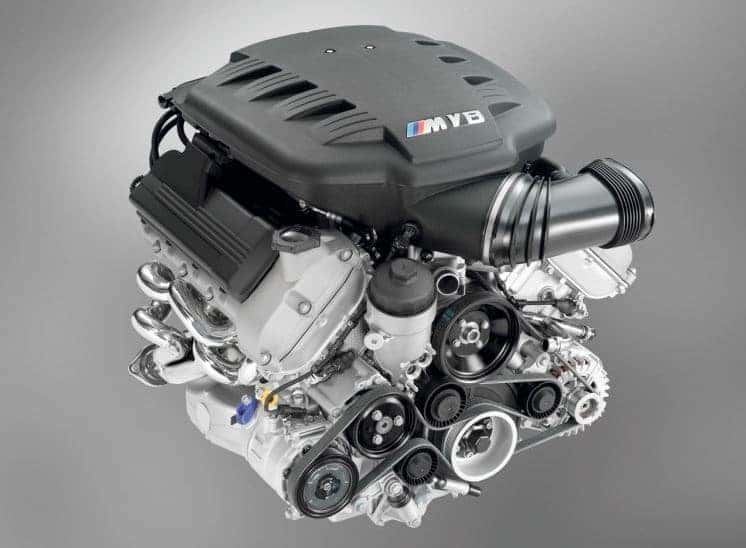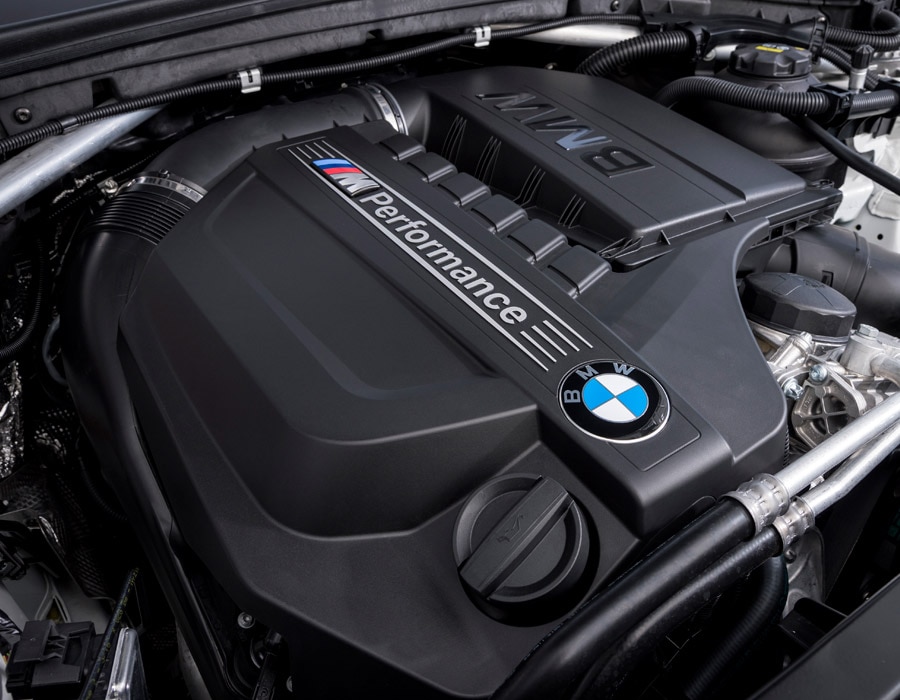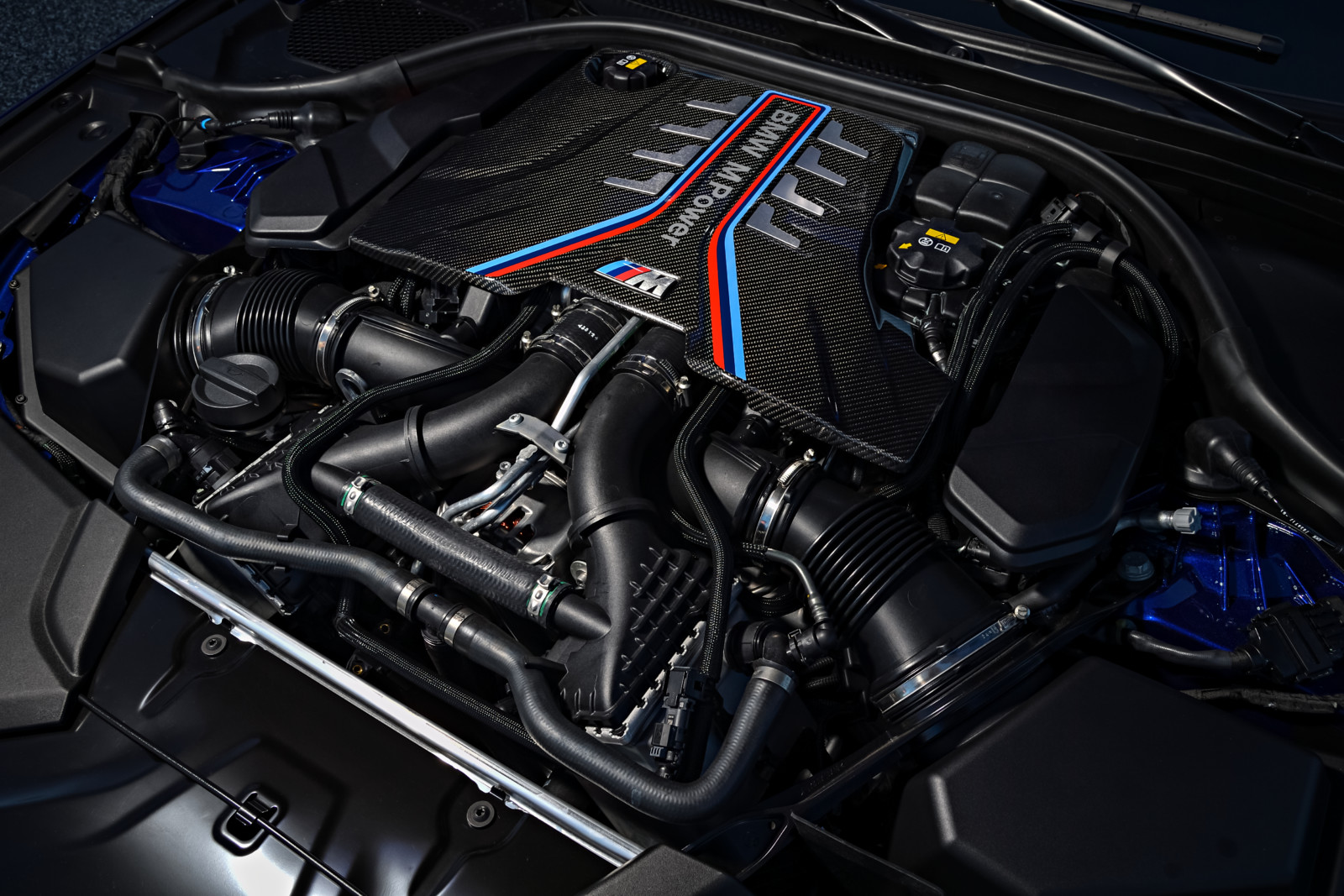Top 5 BMW Engine Technologies Changing the Automotive Industry
Top 5 BMW Engine Technologies Changing the Automotive Industry
Blog Article
Revealing the Intricacies of Next-Generation Power Units: a Deep Dive Into Advanced Engine Advancements and styles
In the world of vehicle engineering, the ruthless search of sustainability, efficiency, and efficiency has driven the development of power systems to unprecedented elevations. As we stand on the precipice of a new era in transport, the complexities of next-generation engine styles bid us to discover the innovative technologies and developments that promise to redefine the driving experience. From advanced products that press the limits of toughness and weight reduction to innovative turbocharging and supercharging systems that boost power result to brand-new degrees, each element of these power devices holds an essential to unlocking the future of automobile engineering. Delving much deeper into the worlds of exhaust control, smart engine administration systems, and the horizon of power unit growth, we discover ourselves on the cusp of an improvement that guarantees to improve the landscape of flexibility as we understand it.
Evolution of Engine Materials

The change in the direction of advanced engine materials has likewise made it possible for designers to make engines with higher power outputs while preserving fuel effectiveness criteria. For instance, using light-weight products lowers the total weight of the engine, leading to improved gas economic situation and reduced exhausts. Furthermore, innovations in products technology have actually permitted better thermal monitoring within engines, resulting in boosted reliability and longevity.
Turbocharging and Supercharging Technologies
Just How do Turbocharging and Supercharging Technologies change engine efficiency and efficiency in modern-day vehicles? Turbocharging and supercharging are modern technologies that considerably enhance engine efficiency by enhancing the quantity of air intake right into the combustion chamber. Turbocharging attains this by using a turbine driven by exhaust gases to pressurize the intake air, while supercharging uses a belt- or chain-driven compressor to accomplish the same result.
These technologies enable smaller, a lot more fuel-efficient engines to produce power equal to larger ones, referred to as downsizing. By compeling even more air right into the cyndrical tubes, turbocharging and turbo charging enhance combustion efficiency, causing increased horse power and torque output without a substantial rise in engine dimension. This leads to much better velocity, hauling capability, and total driving performance.
In addition, turbocharging and supercharging contribute to enhanced gas performance by allowing the usage of smaller sized engines that consume much less gas under typical driving conditions - bmw engine. This combination of improved efficiency and efficiency has made turbocharging and turbo charging important components of numerous contemporary engine layouts
Emission Control and Environmental Effect
With raising worldwide worries regarding air high quality and ecological sustainability, the execution of exhaust control innovations in automobiles plays an essential function in lowering hazardous toxins released right into the atmosphere. Modern vehicles are geared up with sophisticated discharge control systems that aid minimize the environmental effect of auto procedures. Catalytic converters, for example, are made to convert poisonous gases such as carbon monoxide, nitrogen oxides, and hydrocarbons into much less unsafe compounds like carbon dioxide and water vapor.
Additionally, developments in engine modern technology, such as the combination of exhaust gas recirculation systems and careful catalytic reduction, have actually dramatically contributed to lowering emissions. These modern technologies work in tandem to enhance combustion effectiveness and decrease the launch of dangerous toxins right into the air. Additionally, the development of crossbreed and electric automobiles represents a vital step towards reducing the total environmental impact of the transport market.
Intelligent Engine Administration Systems

Moreover, these systems enable lorries to satisfy stringent discharges standards without endangering performance, supplying a more eco friendly driving experience. The assimilation of synthetic knowledge and artificial intelligence capabilities in engine more info here management systems remains to push the boundaries of what is feasible, leading to further renovations in efficiency, dependability, and overall automobile efficiency. bmw engine. As automobile modern technology developments, intelligent engine administration systems will certainly play a crucial duty in shaping the future of transportation in the direction of a more sustainable and reliable direction
Future Trends in Power Device Development
As smart engine monitoring systems lead the method for boosted control and optimization in contemporary automobiles, future patterns in power system advancement are poised to redefine the landscape of automotive propulsion modern technologies. These alternative power resources use enhanced effectiveness and performance while aligning with strict ecological policies.
Another substantial fad is the combination of sophisticated products and manufacturing techniques. Lightweight products such as carbon fiber and light weight aluminum are being utilized to reduce general lorry weight, improving fuel performance and efficiency. Furthermore, developments in 3D printing and additive production are making it possible for the manufacturing of complex engine parts with higher precision and durability.
Moreover, man-made intelligence and artificial intelligence are playing a vital role in maximizing power unit performance. These modern technologies enable real-time monitoring and adaptive control, bring about a lot more reliable and trusted power shipment. Overall, future fads in power unit advancement are geared towards effectiveness, sustainability, and efficiency, driving the vehicle sector towards a brand-new era of propulsion innovations.

Conclusion
In verdict, the developments in engine materials, turbocharging, exhaust control, and smart management systems have led the means for next-generation power devices. The elaborate designs and advancements in modern engines showcase the ongoing advancement of auto modern technology.
Checking out the progressive innovations in engine materials has been crucial in boosting the efficiency and efficiency of contemporary engines. Over the years, the here are the findings development of engine products has played a crucial role in pushing the boundaries of what engines can accomplish.The shift towards advanced engine materials has also enabled designers to develop engines with higher power outcomes while maintaining fuel efficiency standards.The execution of intelligent engine management systems in modern vehicles has actually changed the means engines are regulated and enhanced for efficiency and effectiveness. By look at these guys gathering data in real-time and examining it with innovative algorithms, intelligent engine monitoring systems can adjust to driving designs, environmental elements, and engine health to make best use of power result while decreasing gas intake and discharges.
Report this page